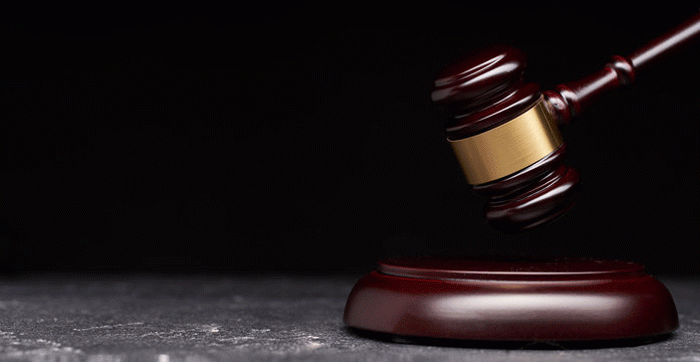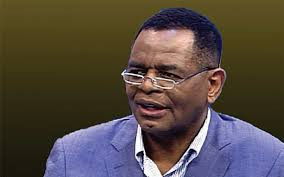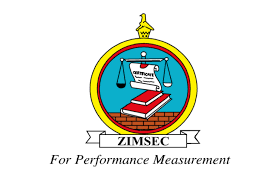
ON July 31, three human right activists Robson Chere, Namatai Kwekweza and Samuel Gwenzi, as well as Vusumuzi Moyo, an artist and sound engineer, were forcibly removed from a domestic commercial flight at Robert Gabriel Mugabe International Airport.
They were held incommunicado by State agents for at least eight hours before being handed over to the police.
On August 2, they were brought before a magistrate for remand hearing, charged with disorderly conduct at a gathering held some days earlier outside the Harare Magistrates Court.
They alleged that after being taken from the aircraft, they were subjected to torture in the form of physical assaults, threats and abuse.
Chere, in particular, bore visible signs of serious assault: his clothes were blood-stained, he was limping and he appeared to be in pain.
At the hearing, Chere’s lawyer applied for him to be examined by his own doctor, but the magistrate turned down the application, saying he can be examined by prison doctors instead.
It later transpired that doctors visit the prison only two days a week, so Chere was not examined until the following Tuesday.
As to the accused persons’ allegations of torture, the investigating police officer gave evidence to the effect that it could not be established who might have assaulted them.
- Police blocked from collecting blood from suspect
- Ziyambi defends Judiciary Amendment Bill
- ‘Suspects spending 3 years in pretrial custody’
- ‘Suspects spending 3 years in pretrial custody’
Keep Reading
Nonetheless, the magistrate said the police should investigate the allegations.
The accused persons applied for bail, but their application was postponed to August 5, when the hearing started late in the afternoon and had to be further postponed to the next day.
Thereafter, the magistrate repeatedly granted the prosecutor further postponements despite objections by defence lawyers.
A ruling on bail was finally given 10 days later, on August 16, when the magistrate refused bail on the ground that the accused persons might re-offend.
What happened to the four accused persons was a shocking indictment of Zimbabwe’s justice system.
Torture
The first, and obvious, point to make is that torture defined internationally as the infliction of severe pain or suffering by public officials for the purpose of punishment, intimidation, coercion or extracting a confession is utterly abhorrent and does not have a place in a country that has respect for human rights.
Section 53 of our Constitution absolutely prohibits torture and other cruel, inhuman or degrading treatment.
The accused persons in the present case were apparently healthy and uninjured when they were taken off the aircraft and arrested.
When they appeared in court a few days later, still in custody, they complained of torture and at least one of them showed clear signs of injury.
In the absence of a credible explanation to the contrary, the inference is almost irresistible that they were, indeed, tortured.
When persons are arrested, they must be brought before a court within 48 hours: this is stated in section 50(2) of the Constitution and echoed in section 41A(7)(c) of the Criminal Procedure and Evidence Act.
One purpose of these provisions is to enable the court to satisfy itself that the arrested persons have been treated properly and, above all, that they have not been subjected to torture.
In this case, the magistrate should herself have taken steps to investigate the accused persons’ complaints very closely, rather than leaving it to the police to do so.
She should have ordered that all officers involved in their arrest and detention be brought to court and questioned by the accused persons’ lawyers.
She should have insisted that all the accused persons be medically examined by their own doctors and by doctors appointed by the State.
If she had done this, she would have demonstrated how seriously torture must be taken in a country that respects the rule of law.
Right of detained persons to medical care
The magistrate also erred in refusing to order Chere to be examined by his doctor. Apart from the fact that the refusal delayed Chere’s medical examination by four days, it violated his constitutional right to see his own doctor.
According to section 50(5)(c) of the Constitution, persons in detention have the right to be visited (and by inference to be examined) by their chosen medical practitioner. This is restated in section 41A(7)(c)(v) of the Criminal Procedure and Evidence Act.
So when Chere’s lawyer sought to have him examined by his own doctor, the lawyer was not seeking a favour from the court: he was asking the magistrate to accord Chere a right to which he is entitled by virtue of the Constitution, the supreme law of the land.
Right to bail
Section 50(1)(d) of the Constitution states:
“(1) Any person who is arrested — (d) must be released unconditionally or on reasonable conditions, pending a charge or trial, unless there are compelling reasons justifying their continued detention.”
In other words, accused persons are entitled to bail. Section 117(1) of the Criminal Procedure and Evidence Act repeats this right.
We shall not comment on whether there were compelling reasons for refusing bail to the four accused persons in this case, though we note that propensity to commit further offences is a recognised ground for refusing bail. - Veritas









